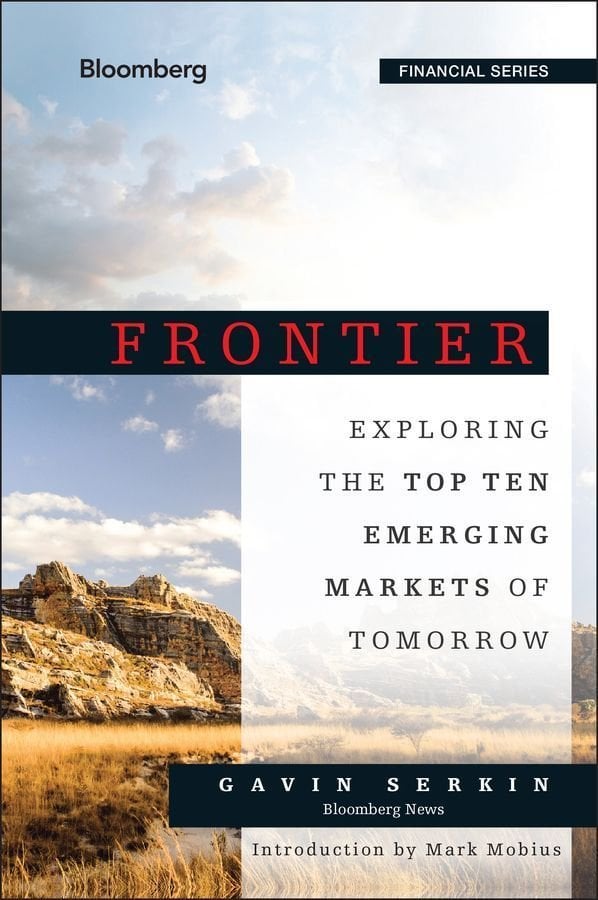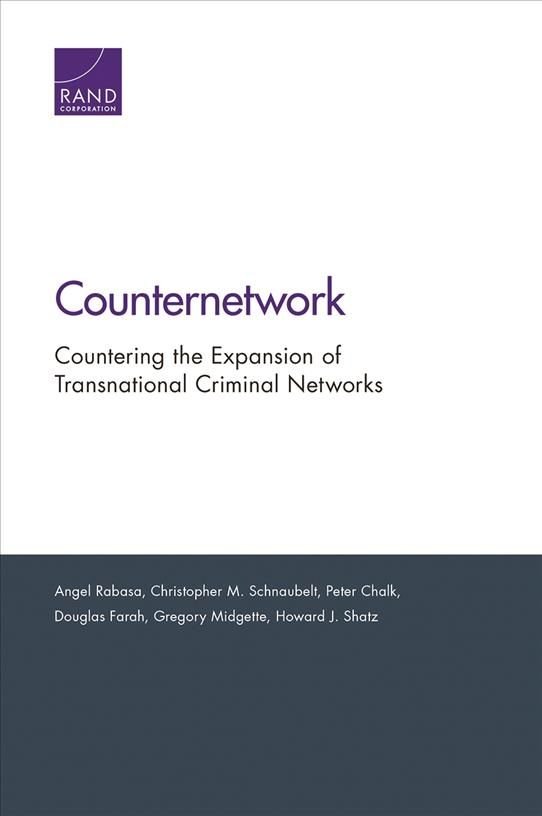How firms choose among competing instruments of external finance has been widely discussed in the finance literature for decades. However, many important questions raised in this discussion remain unanswered today - in particular with regard to a firm’s use of hybrid securities. The core market for these financing instruments, which comprise structures such as convertible debt, mandatory convertibles or exchangeable debt, is the US market, which has been characterized by a sharp increase in issuance volumes during recent years. In his thesis, Mr. Kleidt sets out to answer the question why firms issue hybrid securities. This is not only a remarkable endeavour, because Mr. Kleidt uses US-American data, but in particular because he presents state-of-the-art analyses, which are competitive and meet highest international standards. The thesis on hand carefully identifies and addresses open research questions related to the use of hybrid securities by corporations. Its primary objective was to identify issuance motives for different types of hybrid securities in the US analyzing stock price and accounting data. Thusly objectifying managerial action allows to derive recommendations for financing practice. Another focus of the thesis concerns the use of exchangeable debt, a divestment vehicle commonly employed by German corporations to disentangle the ‘Deutschland AG’. Updated empirical evidence provides significant value-added for capital market participants, in particular financial managers, in Germany and Western Europe.












